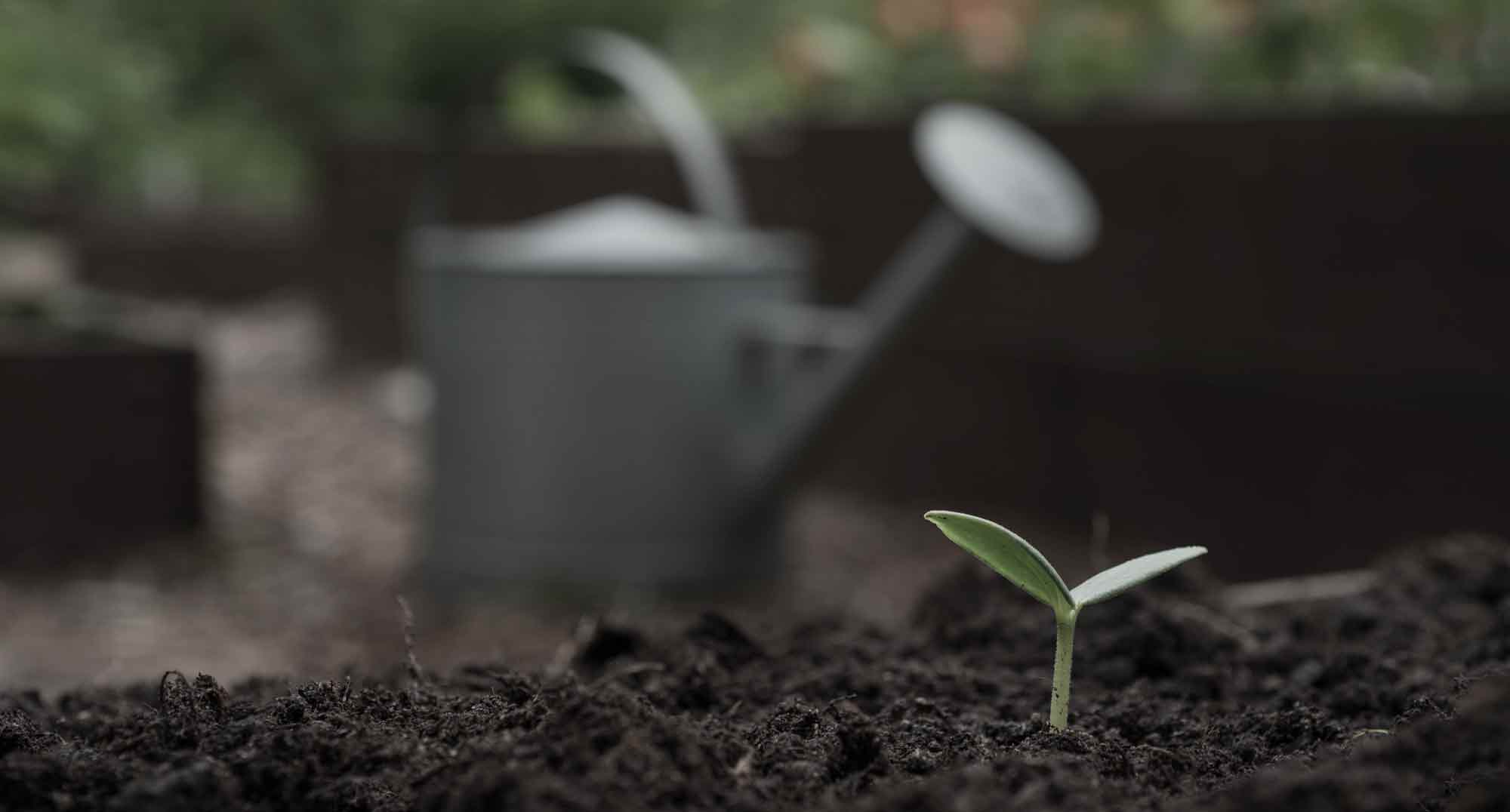Delivered from the Tyranny of Emotions
I talk to myself a lot, or rather, preach to myself as the ever-helpful Martin Lloyd-Jones reminds us to do. Recently the preacher in my head has been clearly and loudly reminding me: You don’t have to bow to your feelings. I tend towards being a sponge – soaking in and filling up with the emotions of others and owning them – even though they are not mine to own. I’ve begun to see that as I fill up on anxieties or frustration, all I can do as a sponge is wring it back out all over whomever squeezes me at the wrong moment. Thankfully, God is not like this with us – taking on our emotions, being changed by them, and dripping all over us in kind. Yes, He weeps with those who weep and clearly and vividly displays emotion! Yet, He is not controlled by emotions. His response to the sin and brokenness of this world is always perfect, right, and true. My emotions have a place, and rightly so, as God made us to be feeling creatures, but my emotions shouldn’t have the final say about what is true in a situation. God, in his severe mercy, has given me a number of opportunities to practice this lately. As the waves keep crashing, I keep grabbing the opportunities, though sometimes not very well, to sink into the truth. 1 Peter 5:7 reminds us to cast all our anxieties on Jesus because he cares for us. I imagine wringing out my emotion onto Jesus, knowing He can handle it, and then asking Him to fill me with the truth, bowing in submission to that truth, not bowing to my ever-changing emotion.










